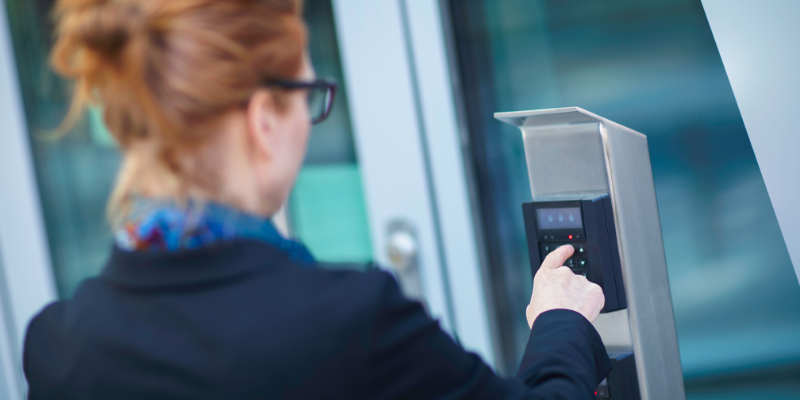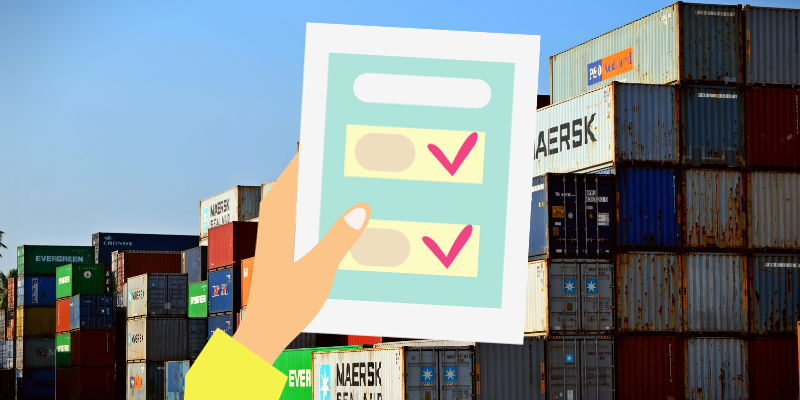7 threats to your business assets, and why they need protecting
June 23, 2020
What are common threats to your business assets?
How safe are your business assets?
I’m sure you’ve got plenty of protection for your physical assets—buildings, IT equipment, furniture, cars, etc. They’re probably locked up, protected by security systems, and possibly even insured. And if something does happen to them, they can be replaced relatively easily with minimal disruption or cost to your business.
But what about those assets you can’t put under lock and key? Those non-physical assets that are vital to your business’ operation, such as your:
- business branding
- trademarks
- product designs
- copyright
- processes
- training programs and methods
- data
- financial information
How well are they protected?
Invisible but invaluable
One of the biggest issues with protecting these assets is business owners and managers not realising just how valuable they are. They’re usually worth far more to the business than any of its physical assets, and if lost can seriously affect the business’s ability to operate.
But many business owners don’t consider them valuable, or even an asset, and so they’re not included in the business’ asset protection strategy. Some businesses don’t even have a system for identifying them, making it impossible to document each asset’s processes and details. Fortunately, some assets can be registered as intellectual property, which creates further value and provides some protection.
Why they need to be protected
Still not sure why they need protecting? Here are seven potential threats to your non-physical assets—and ultimately your business.
- Ignorance. Not knowing that your systems, knowledge and expertise are assets makes it very hard to protect them. (But having read this far means you can’t use ‘ignorance’ as an excuse any longer.)
- Your employees. Knowledge theft by current and/or former employees happens all too often. That’s why you need to protect your business and all of its assets through employment contracts and company policies. If you don’t, there may be nothing to stop employees from walking out the door with your business knowledge and processes.
- Competitors. Your competitors would love to know how you do what you do, and whether they can legally copy (or even improve on) your business processes.
- Brand theft. Yes, it happens. If you fail to register and document your brand, it can be difficult (if not impossible) to stop others from capitalising on it.
- Your business structure. Who owns your non-physical assets—you, or your trading entity? And if your business gets into trouble, are those assets at risk?
- Service providers. Who owns that system or website your business runs on?
- You. Yes, even you can be a threat to your business non-physical assets. How much information about your business is in your head rather than in a manual? What would happen if you were sick or injured, and couldn’t work for a few months? Could your business survive without you and your knowledge?
What you need to do
Why aren’t more business owners protecting these assets? It’s usually because they don’t have the time, the resources or a plan. Others are put off by the cost. And some think the best way to protect them is to keep them a secret.
But as you can see, protecting these assets is just as important as locking up the office at night.
If you need a hand protecting your non-physical assets, contact us. We can help you identify your non-physical assets, capture their details, and implement a strategy to protect both their existence and their value.





















